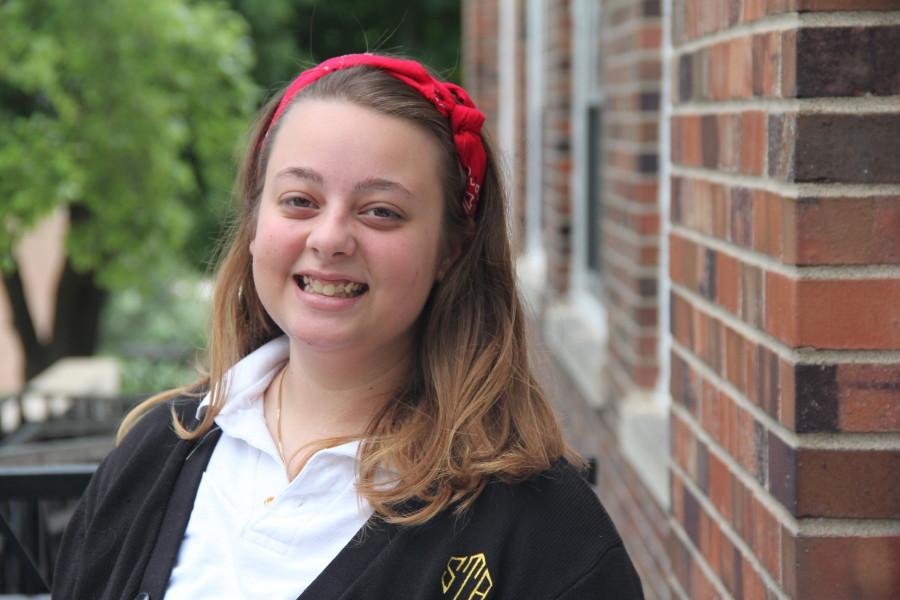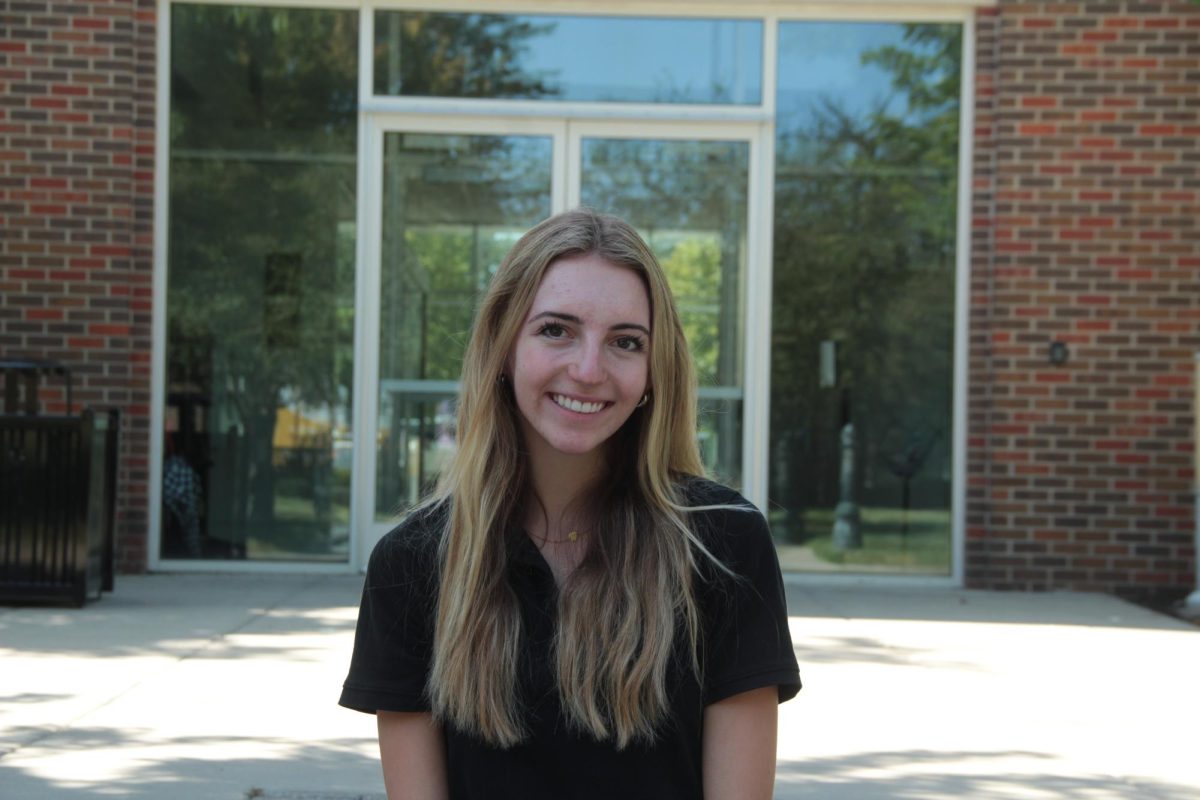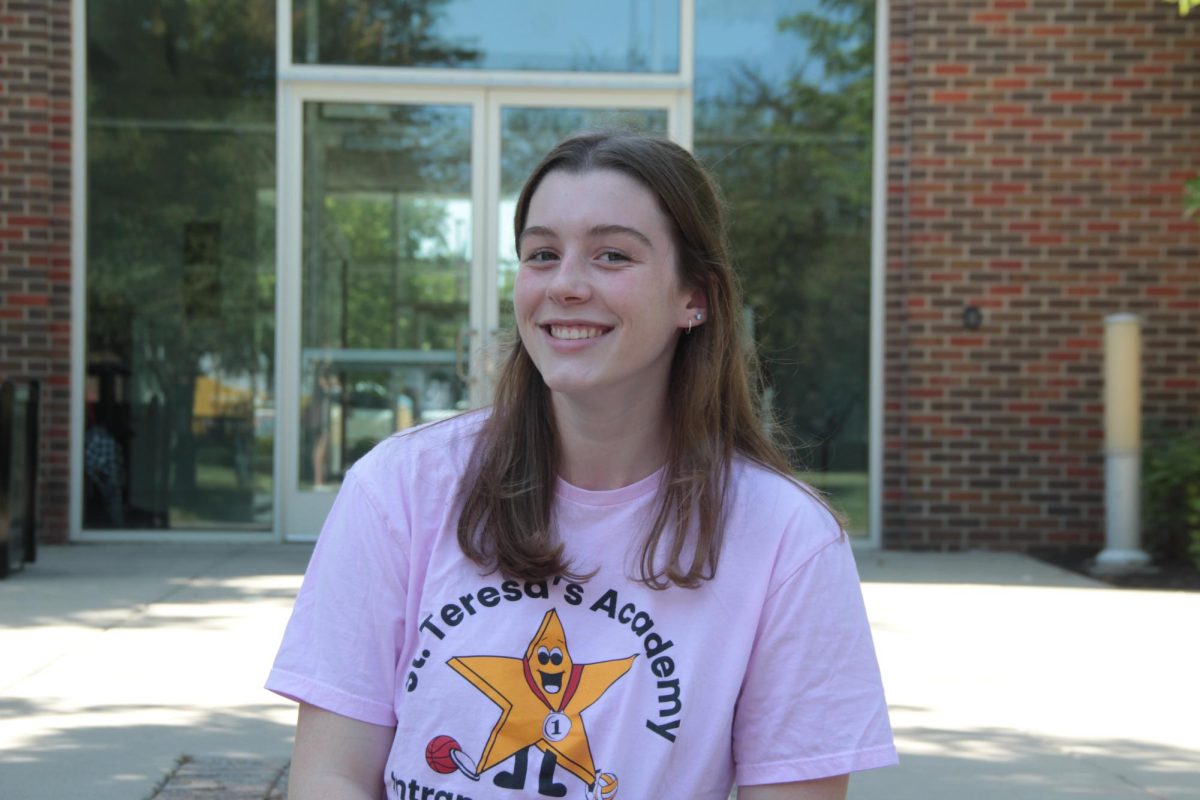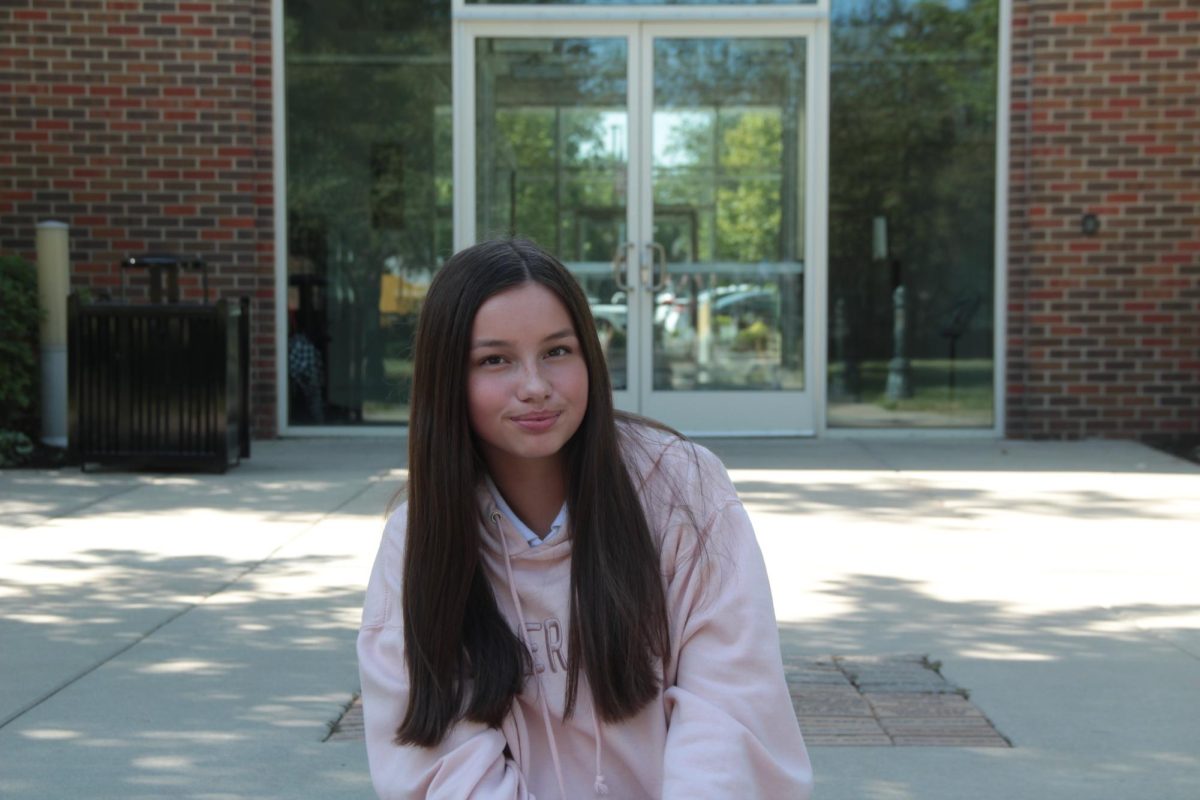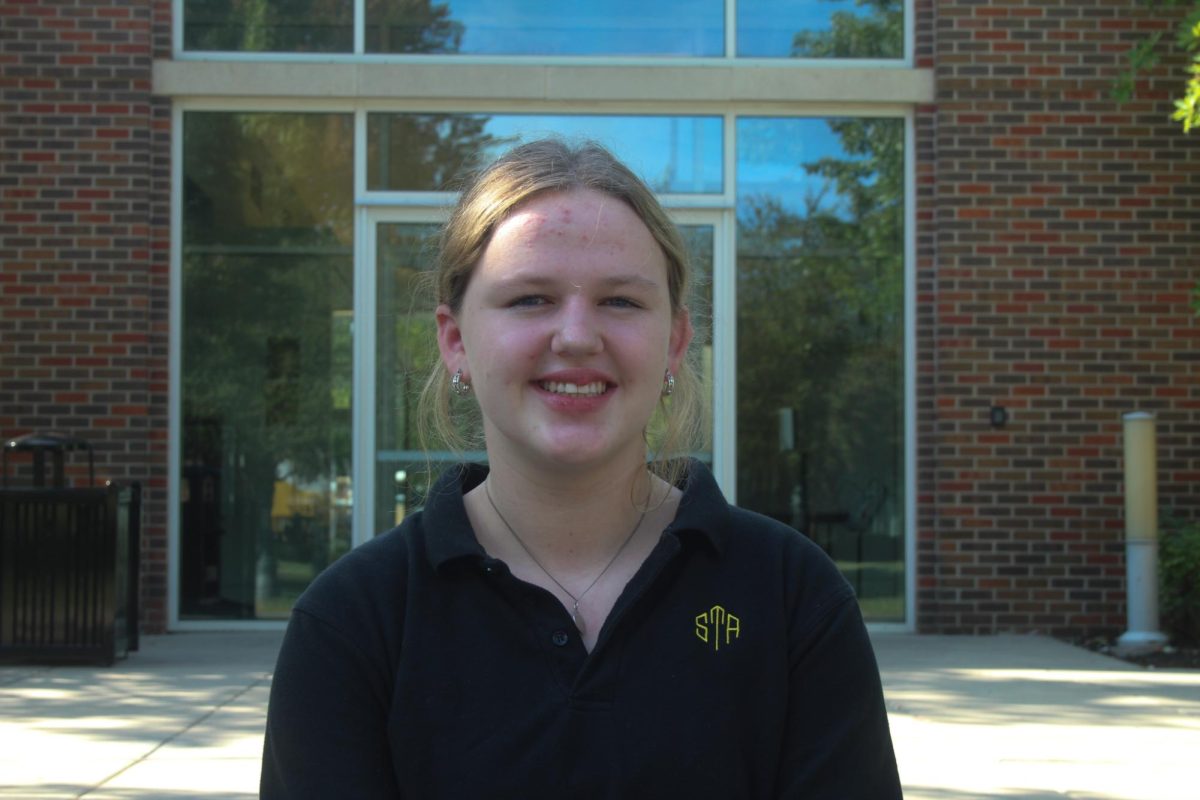by Jordan Berardi
Human life bids inevitable tragedy and after said tragedies occur, human nature requires us to feel sympathy, empathy and connection for and to that tragedy.
However, over the progression of the 21st century, as media has canopied the lives of Americans, the true connection to tragedy has skewed. Essentially every person who hears of tragedy, whether it be through the news media or social media, nationally or locally, feels a need to connect their life to that tragedy, which they were probably not a significant part of.
Nationally, since the start of the 21st century, the United States has experienced terrorist attacks such as the bombing of the World Trade Centers in 2001, the Virginia Tech shootings in 2007, the mass shooting in Newtown, Ct. in 2012, the mass shooting at a movie theater in Aurora, Co. in 2012 and the bombing of the Boston Marathon earlier this year.
As soon as the most recent event hits the news, people across America thrust the tragedy upon themselves which begged sympathy and condolence from others.
It seems, even today, 12 years after the 9/11 attacks, people are quick to find an association with the tragedy. Maybe your uncle’s third cousin’s dog breeder’s grandfather was supposed to be on flight 93, but was he? No. So stop pinning one of the most horrific terrorist attacks to your bulletin board of life events. The people that need sympathy are the survivors of the attacks or the families of those who died–the ones directly affected.
Each year on the anniversary of 9/11, people come forward and tell their story. Some tell their story of survival: a business woman rising from the wreckage to find aid. Some tell their story of loss: a daughter telling of her past 12 years withouther father. But, on the other hand, some tell their “almost” stories. They talk of their hectic week which led them to cancel their flight to NYC that day and how they could have been killed somewhere along the way on a flight which probably would have been cancelled anyway. They talk of their house rattling in California, when it probably had more to do with a fault line than the attacks on the World Trade Centers.
However, the problem of finding weak connections to tragedy seems closer to home and more prevalent with the local tragedies our community has witnessed in the past couple years.
For example, the explosion at JJ’s Restaurant on the Plaza was one of the closest tragedies in proximity to STA in the past two years. However, based on the activity on social media that February night, one would think several STA girls were involved directly in the blast. The “it-could-have-been-me” stories surfaced almost immediately: “If only it would have happened a week ago, I could have been dead!”
That may be true, but that is not necessarily noteworthy. It could have happened to any person who ever walked through the doors of JJ’s in its existence. Just like any person who bought a plane ticket to NYC during the course of their life could have been killed, but was not.
Every single person in the world could have been on a flight that was hijacked, but unless they were, its “almost” status should not be mentioned. Each person in the world could have, at some point in their life, been in a building that exploded, but few were, and the ones that were not, should refrain from trying to make connections.
The bottom line is this: if you heard about an event on the news, whether a national tragedy or a local death, you most likely are not closely involved. It is the people who knew about the incident before it hit the media that are truly involved and connected.
Though the connection we try to find may not be necessary, that is not to say the support we offer those who are connected must cease.
Countless times I have witnessed the STA community send out prayers via Twitter, Facebook and Instagram. Our support of those affected by tragedy is dependable and appreciated, and it should stay that way. But there is a thin line between sending prayers to those connected to tragedy and trying to be connected to tragedy.
Never stop keeping victims of tragedy in your heart, but please, let the thoughts and prayers be given to the people who were directly affected.



